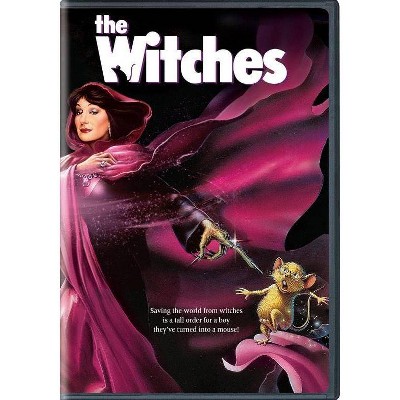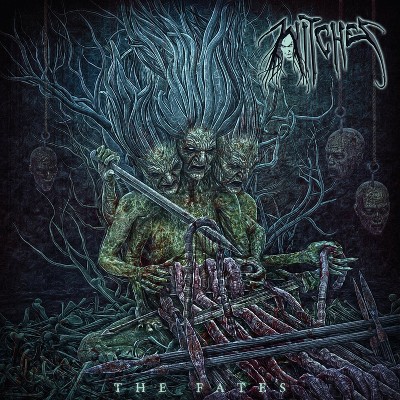Witches and Pagans - (Secret History of the Witches) Annotated by Max Dashu (Paperback)
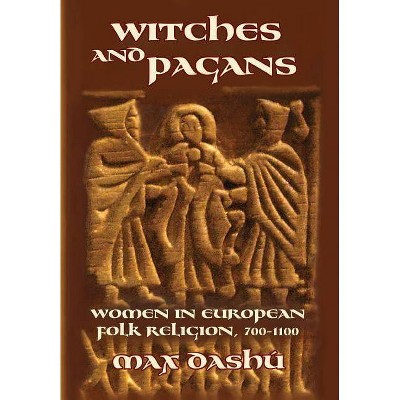
Similar Products
Products of same category from the store
AllProduct info
<p/><br></br><p><b> About the Book </b></p></br></br>A compelling exploration of language, archaeology, and literature that illuminates hidden cultural heritages: women's ceremonies for the Fates; old ethnic names for 'witch' as wisewoman; the women who go by night with Diana or Holda. These forgotten heathen strands reweave the ripped webs of women's culture. Annotated; 140 pictures.<p/><br></br><p><b> Book Synopsis </b></p></br></br><p>In this compelling exploration of language, archaeology, and early medieval literature, Max Dashu illuminates hidden cultural heritages. She shows that the old ethnic names for "witch" signify 'wisewoman, ' 'prophetess, ' 'diviner, ' 'chanter, ' 'herbalist, ' and 'healer.' She fleshes out the oracular ceremonies of the Norse <em>völur</em> ("staff-women"), their incantations and "sitting-out" on the land seeking vision. Archaeological finds of their ritual staffs show that many symbolize the distaff, a spinner's wand that connects with wider European themes of goddesses, fates, witches, and female power. They include Berthe Pédauque, also known as the "Swan-footed Queen," whose spinning began at the proverbial beginning of time. Veneration of the Fates persisted under many titles, as the Norns, <em>sudice</em>, <em>fatas</em> and <em>fées</em>, Wyrd or the Three Weird Sisters.</p><p><em>Witches and Pagans</em> looks at women's sacraments in early medieval Europe, a subject that has been buried deep for centuries. Women set out offering tables for the Three Sisters or the "good women," chanted over herbs, and healed children by passing them through 'elf-bores.' Spinning and weaving were ceremonial acts with divinatory or protective power, as bishops' scoldings reveal. Churchmen also railed against the Women Who Go by Night with Diana or Holda or Herodias, in shamanic flight on spirit animals. This was the foundational witch-legend that demonologists seized upon in later centuries. But witch persecution was already underway, as a chapter on the sexual politics of early medieval witch burnings documents.</p><p>A thousand years ago, an Old English scribe condemned people who "bring their offerings to earth-fast stone and also to trees and to wellsprings, <em>swa wiccan taecad</em>--as the witches teach." This indicates that people still regarded witches as spiritual teachers, and that they performed ceremonies of reverence to Earth. Many aspects of ethnic spiritual culture survived the state conversions to Christianity: ancestor veneration, crystal balls, amulets--and witches' wands. Artists depicted Mother Earth giving her breast to serpents, animals, and children. Stories of ancestral women--the Cailleach and the Scandinavian <em>dísir</em> --were handed down over countless generations.</p><p>Gathering together forgotten strands from heathen European heritages, <em>Witches and Pagans</em> reweaves the ripped webs of women's culture. </p><p/><br></br><p><b> Review Quotes </b></p></br></br><br><p>"A monumental moment in women's history, as well as Pagan history, is upon us, with the release of Max Dashu's new book <em>Witches and Pagans</em>. Over 40 years; worth of research and effort created this book, and its companion volumes to follow. It's a landmark work, easily the most important new Pagan title of the year, if not the decade." --Yeshe Matthews, Mothers of New Time</p><p>"Max Dashú writes with lucidity and a compelling awareness of the silencing of women in male-centered cultures--especially women's silencing in patriarchal religion. Max has spent decades excavating the exceptionally rich materials--linguistic, archaeological, mythological--found in this book, and uncovering clues to the spiritual spheres of pre-patriarchal women. A true tour de force!" -- Miriam Robbins Dexter, UCLA professor of Indo-European studies and author of <em>Whence the Goddesses: a Source Book</em></p><p>"Reading this book is like opening a box filled with jewels left to you by ancestors you never knew you had. Women preserved ancient mysteries that celebrated female powers of creativity as they went about the tasks of their daily lives. It was not so easy to stamp these practices out, because women understood their songs and rituals to be essential for the continued flourishing of life... Brilliant work. May it change the way we see the world!" --Carol Christ, author of <em>Goddess and God in the World: Conversations in Embodied Theology</em></p><p>"Dashu has done her homework, and has unearthed, uncovered and rediscovered a remarkable amount of information pertaining to women's roles in folk religion, magic, witchcraft, healing and seership during the medieval era. ... ... This book is unlike any book by a Neopagan author on these particular topics that I have seen (other than perhaps Ronald Hutton), in its scope, the breadth of materials presented, and in providing access to an incredible amount of unusual sources of historical materials that would be of great interest to modern pagans, witches, seers and herbwives. ... I have rarely, if ever, seen a book on these topics that went so far into the traditions, explored them so widely and deeply, and provided a truly unique window into our spiritual past with such care and intelligence. Well-written, and a one-of-a-kind resource... a treasure trove... highly recommended." --Sharon Paice MacLeod, Sagewomen Journal</p><p> "The book is amazing; I am so impressed with the amount of scholarship you have sloughed through, and how hard it must have been to put all this together. All kudos to you, Max for the gifts of research and knowledge and vision." Gloria Orenstein, Professor Emerita of Comparative Literature and Gender Studies, University of Southern California<br /> <br /> "Such a beautiful and academic read. Margin note taking and really absorbing the ethnohistorical references. Max Dashu, brava! Cannot wait for the next volume!!!" --Mercedes Draffin<br /> <br /> "It's such a beautiful book, a work of art, so well done. An immense contribution." --Gilby Farnsworth<br /> <br /> "I've been looking forward to the release of Witches and Pagans: Women in European Folk Religion by Max Dashu; this promises to be an important addition to the field, as it reweaves women's roles back into history". --Jhenah Telyndru August 2, 2016<br /> <br /> "I have a huge amount of respect and admiration for your work. Witches and Pagans is a treasure-trove of of suppressed and lost information, lost no more thanks to you! -- Mary Mackey, author of The Year the Horses Came and the Earthsong Trilogy</p><br>
Price History
Price Archive shows prices from various stores, lets you see history and find the cheapest. There is no actual sale on the website. For all support, inquiry and suggestion messages communication@pricearchive.us
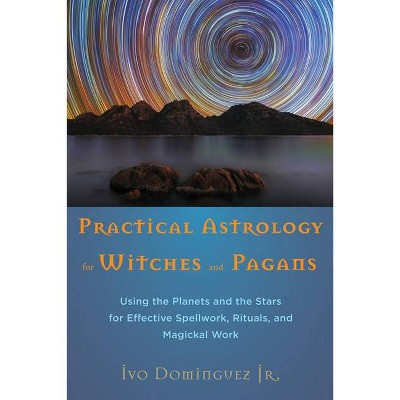
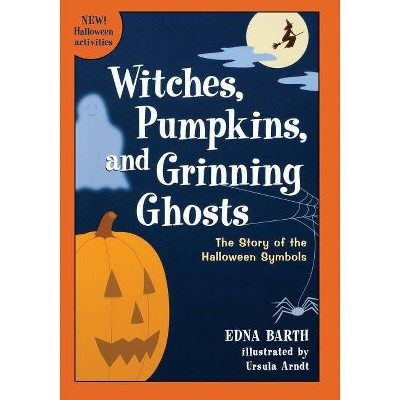
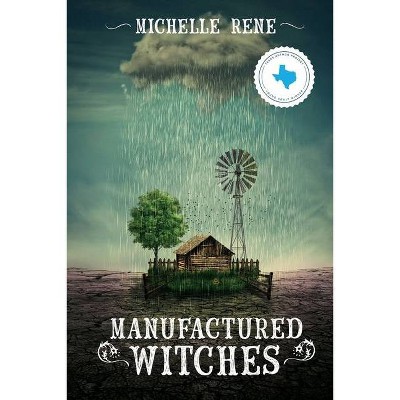
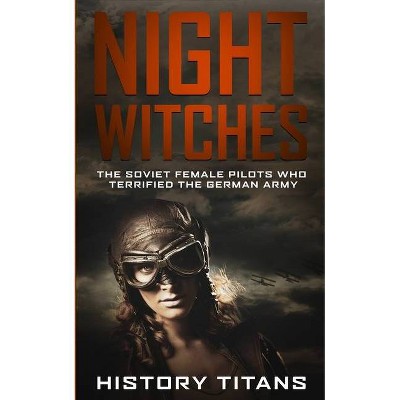
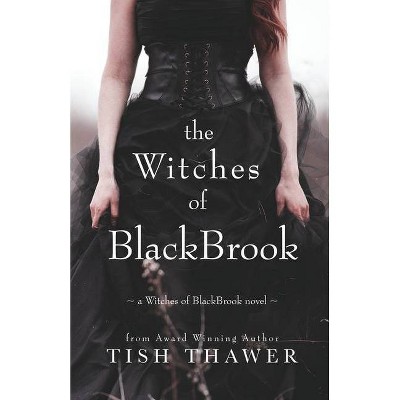
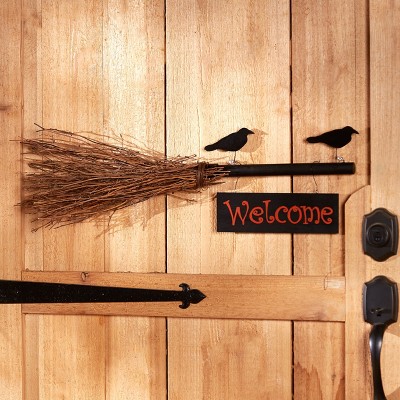
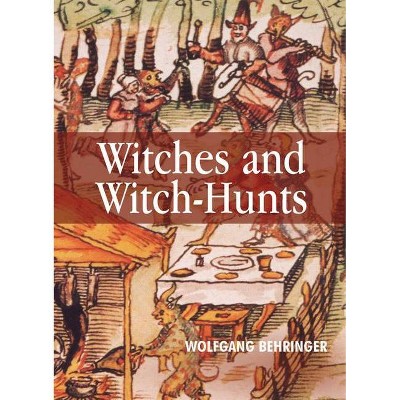
![The Witches [DVD] [1990]](https://pisces.bbystatic.com/image2/BestBuy_US/images/products/1612/1612789_so.jpg)
